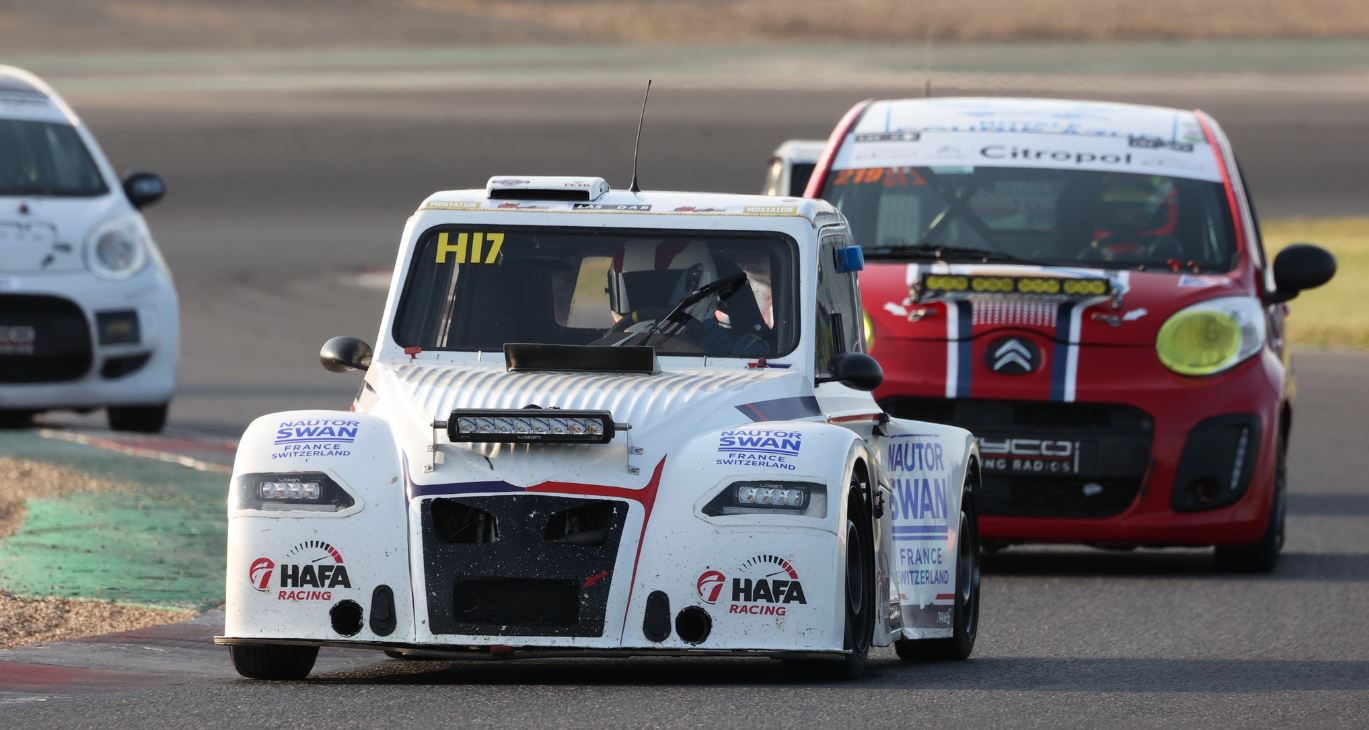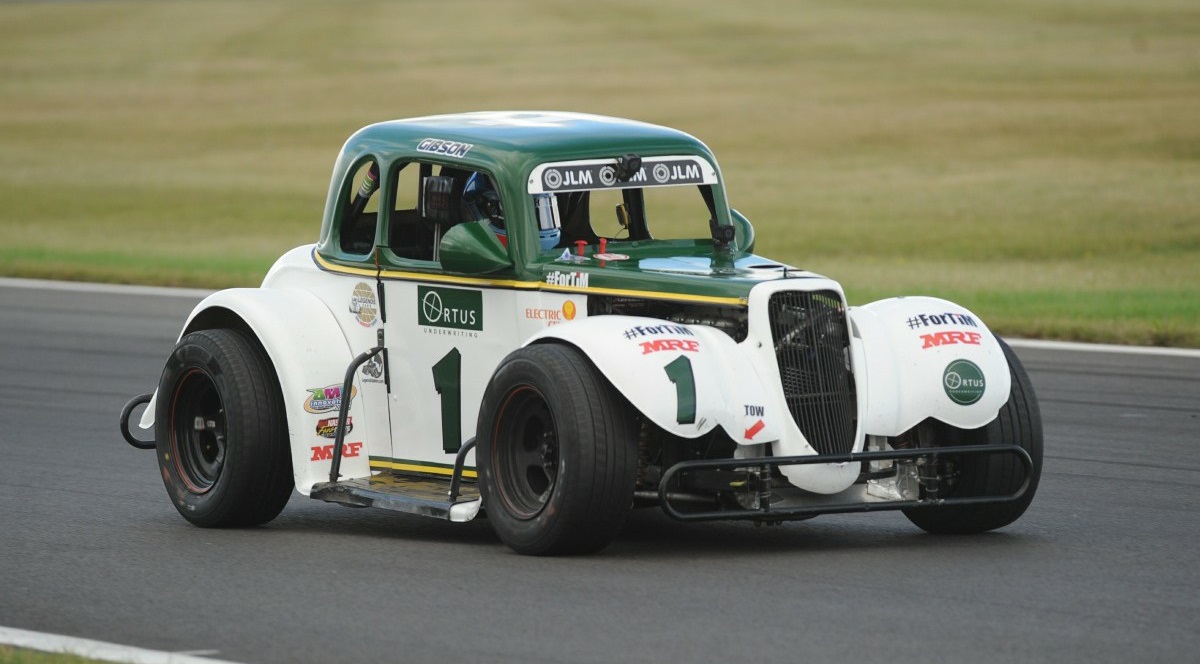Getting started in circuit racing: the complete guide
By RobinB on 29 October 2024 Circuit / RaceContrary to popular belief, motorsports are not reserved for a privileged few. In reality, while budget is an important factor, car racing remains a more accessible discipline than one might think, where learning and practice play an essential role, as in most other sports.
Are you wondering about the steps to start in car racing? This article aims to demystify entry into motorsports and guide you through your first steps. From getting started through driving courses or rental karting to participating in your first car race, we will explore together the various options available to you.
Whether your goal is to compete in the 24 Hours of Le Mans in 10 years or simply to start in a race at least once in your life, this article will help you understand how to begin your journey into the exciting world of motorsports. Ready? 😉
Before becoming a race driver: taking the first steps in driving
The world of motorsports, perceived by many as exclusive, is actually much more open than it seems. However, before committing to competition and becoming a real race driver, it is advisable to master driving techniques and acquire a fundamental knowledge base. These first steps, focused on gaining experience and confidence behind the wheel, are crucial for anyone looking to invest, even as an amateur, in official competitions.
A good preparation involves respecting a learning process and avoiding rushing through the steps, so you can safely progress later on.
Participating in driving courses and track days
Participating in driving courses or track days is an excellent way to get started. These experiences offer a practical introduction to driving in a safe environment with the option of being supervised by professionals.
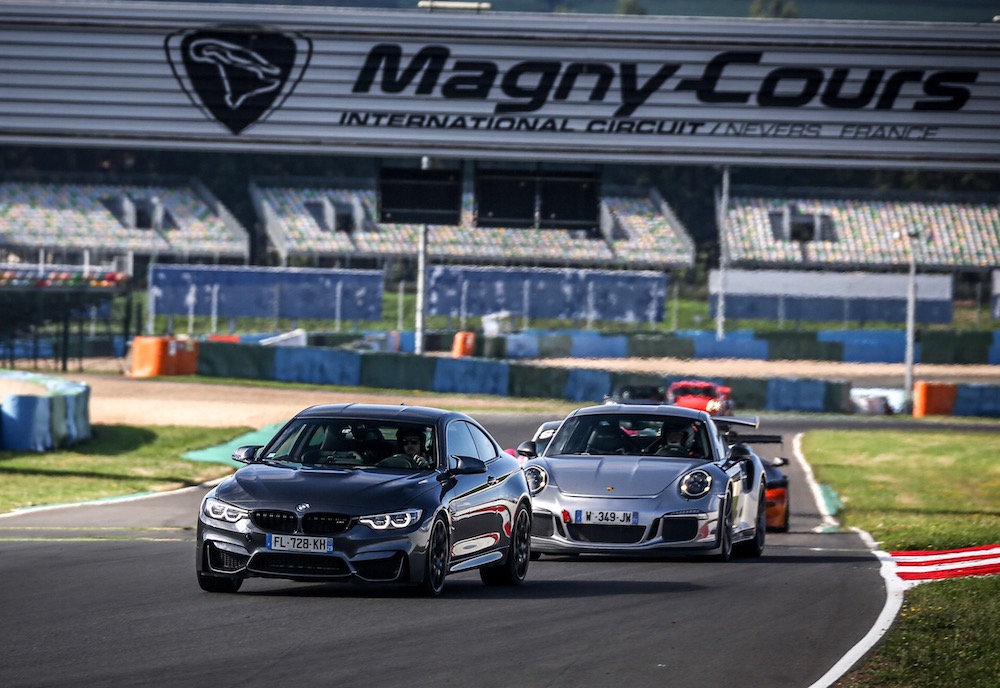
This is where the basics of sports driving are taught, from mastering braking to cornering. It may be wise to be accompanied by a driving coach, who will guide you towards rapid and effective progress while helping you avoid bad habits from the start. It’s truly the best formula to improve in motorsports.
If you don't have a suitable car or prefer not to use yours on the track, check out our rental car listings, where you can easily find offers from companies or teams that rent sports cars or race cars for training days. For the most motivated and meticulous drivers, you can even benefit from video and data analysis after each driving session.
Also see: "Trackday: Which Road-Legal Car to Choose? (2024 Guide)"
Rental karting: an accessible entry point
Karting is often the first contact with a circuit for many enthusiasts. Affordable and accessible, it offers an ideal format for acquiring key driving skills, particularly in terms of reflexes, track analysis, and trajectory management.
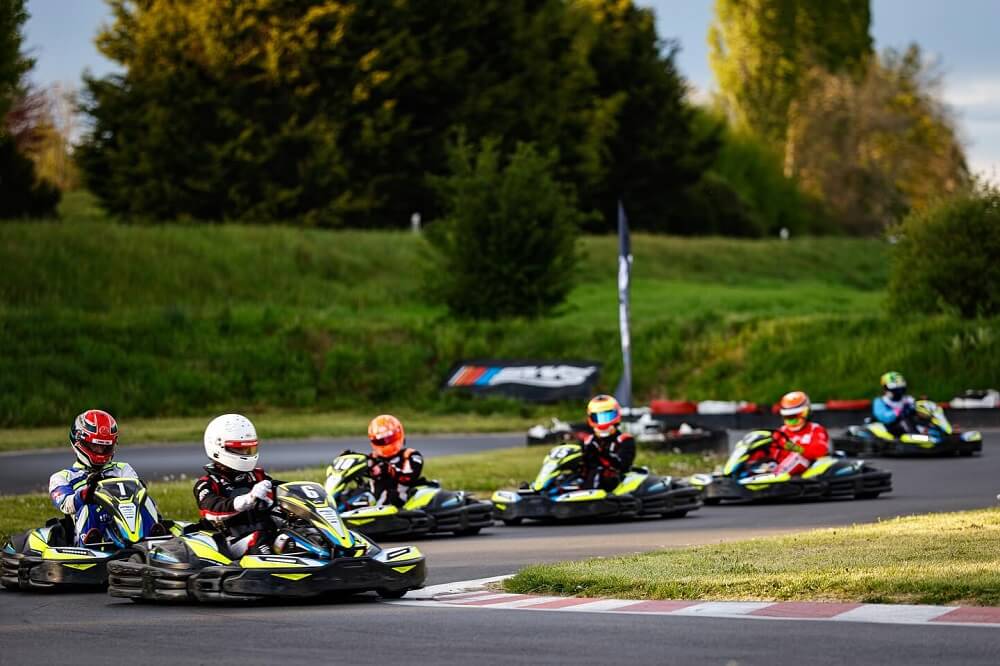
For those who wish to invest more, buying your own racing kart allows you to practice freely on larger circuits. This practice is not limited to amateurs; even professional drivers regularly turn to karting to stay in shape and hone their technique.
Also see: "Buying a used go-kart: prices and advice"
Sim racing: an interesting complement
Sim racing has become an essential tool in learning and perfecting driving skills. Simulations such as iRacing, RaceRoom, and Assetto Corsa offer a remarkably realistic experience, becoming an effective complement to real track training.
Famous drivers like Max Verstappen, Lando Norris, and Fernando Alonso are known to regularly use sim racing, not only for fun but also to refine their skills and stay competitive.

This practice shows that even at the highest level, sim racing is more than just a game; it is an integral part of modern driver preparation. An amateur driver can thus learn a circuit before a track day or race weekend: learning the layout, identifying braking and turning points, and understanding elevation changes. This allows for initial familiarization that will be refined during real track sessions.
The key advantage of sim racing lies in its low entry cost for quality learning when used correctly.
From observation to action: immersing yourself in the racing atmosphere
If you have the opportunity, it is very interesting to attend automotive events as a spectator. It's a chance to watch drivers in action, ask questions, and get familiar with the atmosphere and functioning of races. These events allow you to interact with drivers and teams, gather advice, and start building a network in this field.
Attending races in person allows you to immerse yourself in the motorsports atmosphere, understand the stakes, and appreciate the excitement surrounding it.
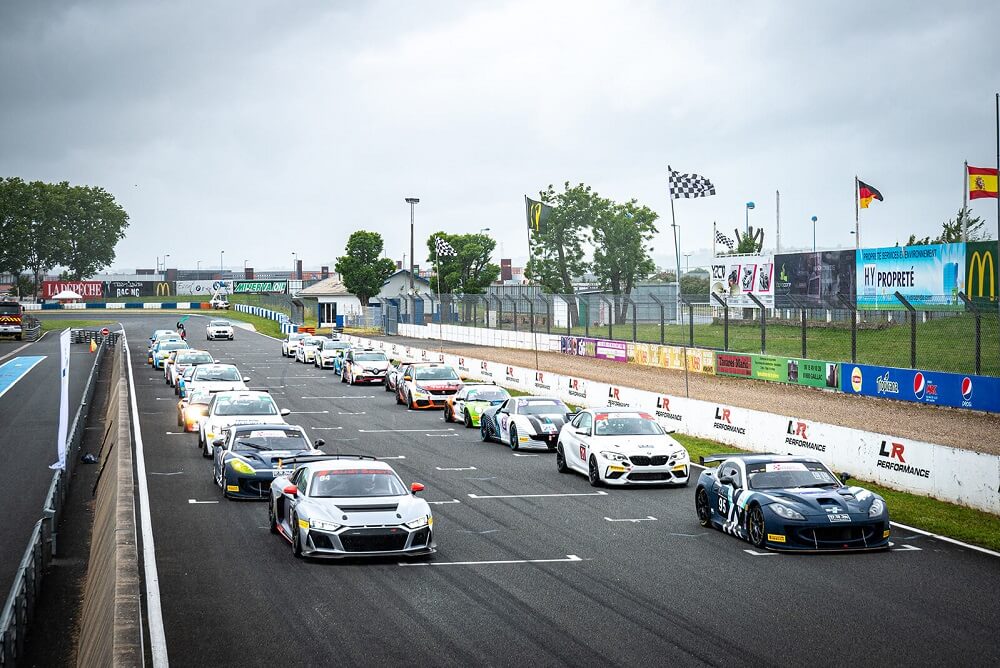
However, it's important to note that the spectator experience doesn't directly substitute for developing driving skills. Instead, it is a preliminary step to becoming familiar with the racing world before engaging in practical driving training.
These initial experiences are crucial for understanding the demands of racing and represent the first steps towards achieving your goals.
Starting in motorsports: understanding categories and costs
Once driving basics are mastered, it is essential to understand the different racing categories. Each category offers a unique experience suited to each driver’s skills and objectives.
People often talk about F4 as an excellent starting point for those interested in single-seaters, especially young drivers coming from karting. This category provides essential racing experience and is often considered a stepping stone to more competitive series like F3, the Alpine European Regional Formula Championship, then F2, and, possibly one day, Formula 1.
A full season of Formula 4 in France will cost around €145,000 ex VAT (7 events + 2 training days). This cost doesn't include travel, extra testing, equipment, license, and other incidental expenses. This cost will be even higher in countries like Germany, Italy, or Spain.
Also see: "Formula 4 France: technical specifications and budget"
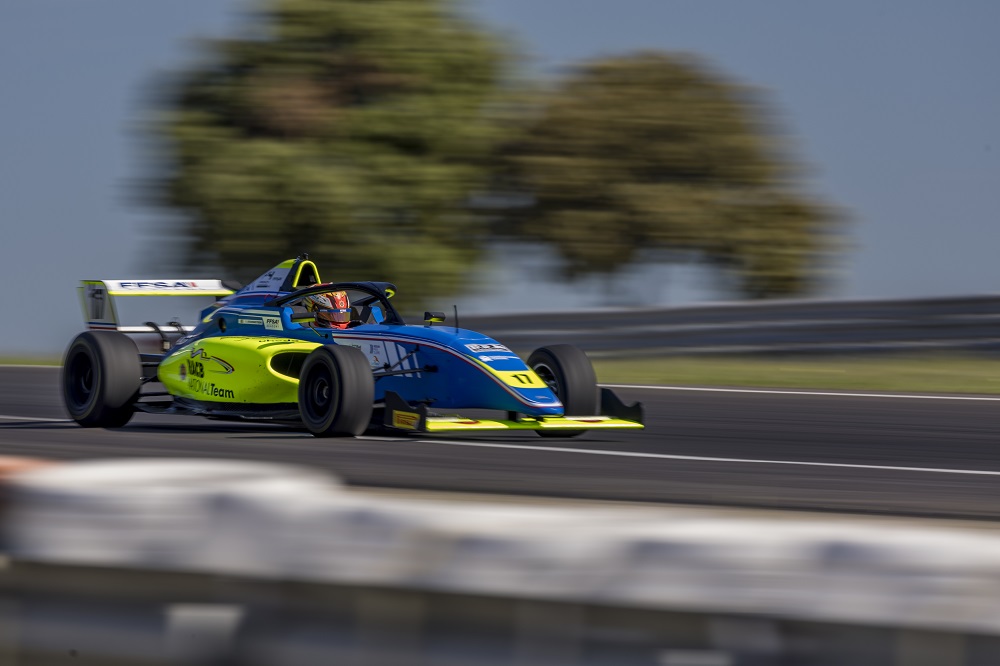
For those who do not aim for a career or prefer closed cars, GT or touring car competitions offer an experience closer to road cars while providing a serious racing environment. There are also many one-make series with manufacturers like Caterham, Ginetta, Peugeot, Mitjet, Porsche, or Ligier.
The prices below offer an estimate of the budgets needed to start in motorsports, though costs may vary. Not all categories are included, so if you have information on a discipline not listed or corrections to make, feel free to contact us by email.
⚠️IMPORTANT: Prices are shown excluding taxes (ex VAT) for a weekend. A weekend generally includes several races. In any case, it is possible to share the drive between multiple drivers, which helps reduce the budget but also limits each driver's track time ⚠️
Let’s first look at the options for "small budgets" before moving on to higher categories.
- Twin'Cup: €2,500 / weekend
- Formula Ford: €3,000 / weekend
- Mitjet 1300: €4,000 / weekend
- Mazda MX5 (as part of the ROADSTER PRO CUP): €4,000 / weekend
- Caterham Academy: €4,000 / weekend
- Peugeot 208: €4,500 for sprint format and €6,000 for endurance (to be shared by up to 3 drivers)
- Clio 4 Cup: €6,500 for sprint format in the TTE, for example, and €15,000 for endurance (to be shared by up to 3 drivers)
- Legend Car: €6,000 / weekend
- Funyo: €7,000 / weekend (sprint format)
- Clio 5 Cup: €9,000 / weekend
- Mitjet 2L: €12,000 / weekend
- Fun Cup: approximately €12,000 / weekend (endurance format, to be shared by up to 6 drivers)
- TCR (FFSA French Touring Car Championship): €20,000 / weekend
- Small GT (Porsche Cayman or Ginetta GT4 in the Trophée Tourisme Endurance): €20,000 / weekend
- F4 France: €145,000 / season
- Proto CN: €150,000 / season
- Ligier JS2R & JSP4 (Ligier European Series or JS CUP FRANCE): €170,000 / season
- Lamera Cup: €30,000 / weekend (endurance format, to be shared by up to 6 drivers)
- Porsche Carrera Cup France: €250,000 / season
- GT4 (French Championship): approximately €300,000 / season for a two-driver team
- LMP3: approximately €270,000 in the Ultimate Cup, €450,000 in the Michelin Le Mans Cup, and €700,000 in the European Le Mans Series (ELMS)
- GT3 (for a program like the Ultimate Cup): €370,000 / season
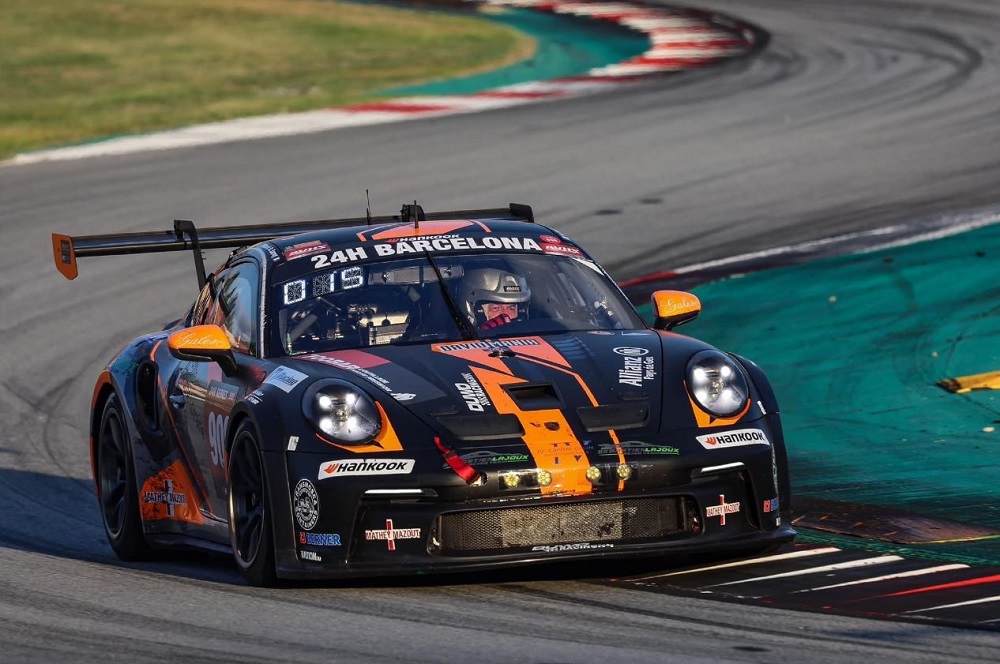
Structuring your budget and finding sponsors
Entering motorsports involves a significant financial commitment, where effective budget management and securing sponsors play a crucial role.
It is essential to assess all competition-related costs, including registration fees and operational expenses, while allowing for a margin for unforeseen events, which are inherent to this sport. Remember that in case of a rental, the driver must cover repair costs, except in the event of mechanical failure for which they are not responsible.
A detailed financial plan is indispensable, as is creating an engaging sponsorship presentation to attract sponsors, highlighting your passion and the visibility opportunities they can gain.
Focus on finding partners connected to the automotive industry or local businesses that might be interested in a partnership. Offering a variety of visibility options to these sponsors, whether on your vehicle, your equipment, or through social media, is essential for building a mutually beneficial relationship.
Conclusion
In conclusion, starting in motorsports is an exciting and achievable adventure, accessible to those willing to invest in their training and adapt their journey to their means.
From initial driving practice through karting or driving courses to sim racing to refine skills, and ultimately participating in official events, each step is crucial. It is essential to take the necessary time for training, coaching, and finally making your debut in competition while considering your budget.
With patience, determination, and proper preparation, entering the world of circuit racing becomes not only possible but also deeply rewarding.




